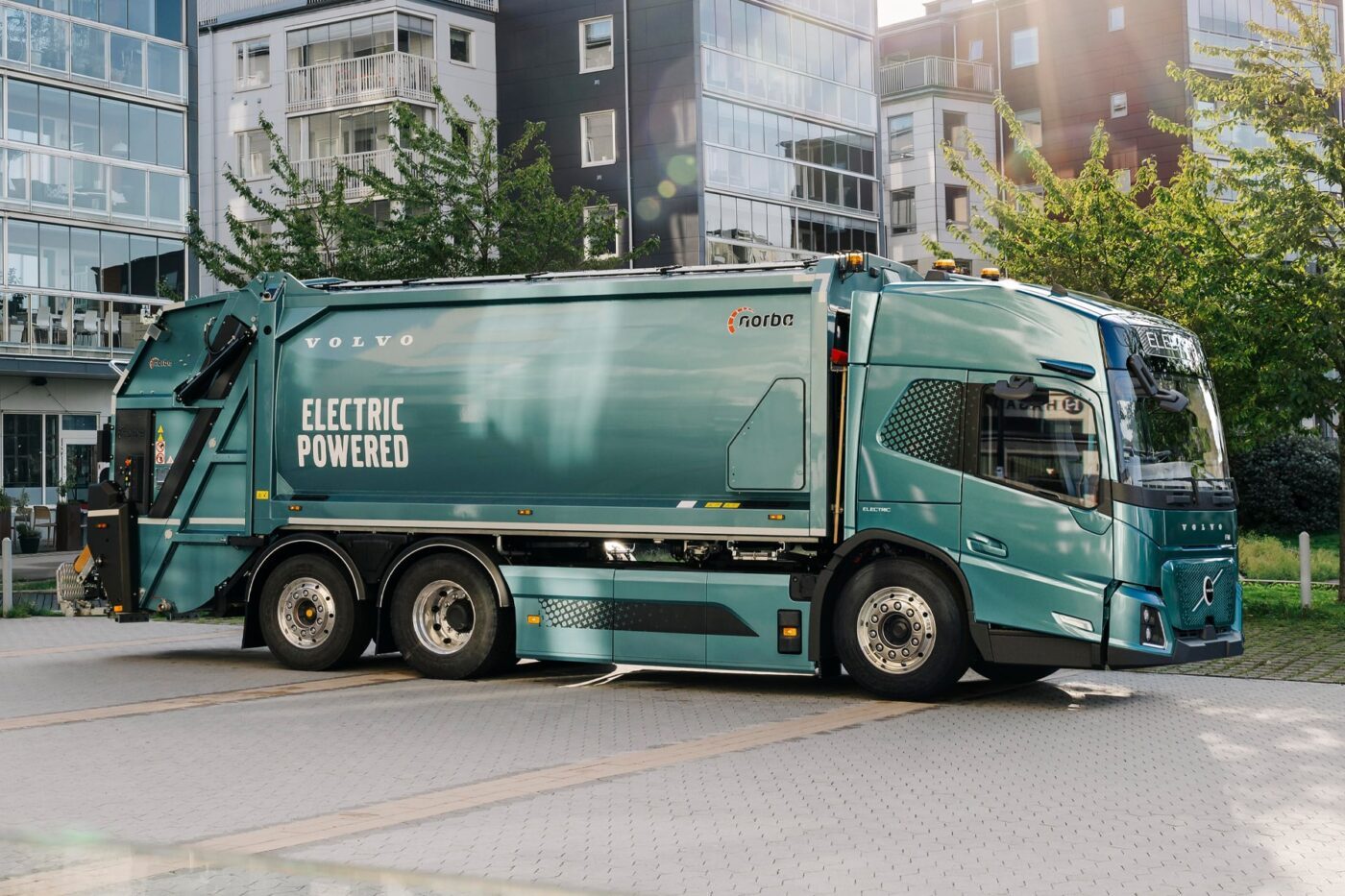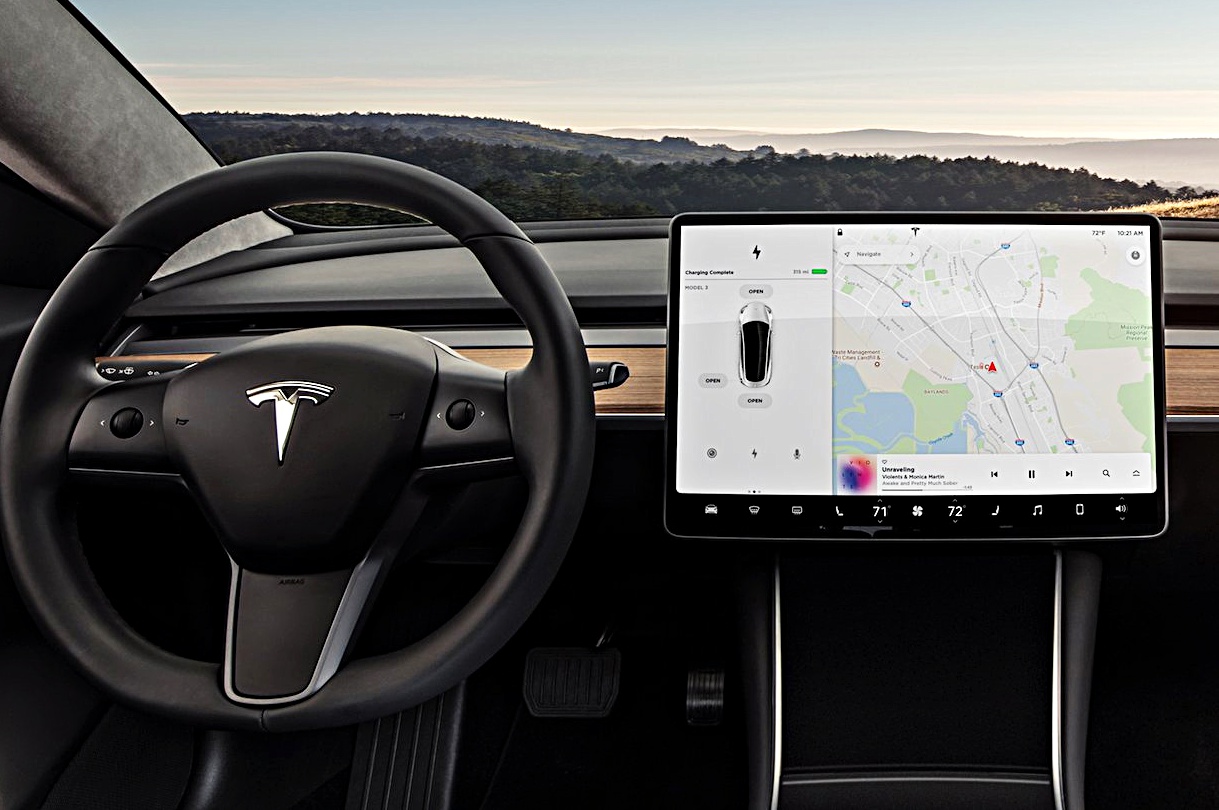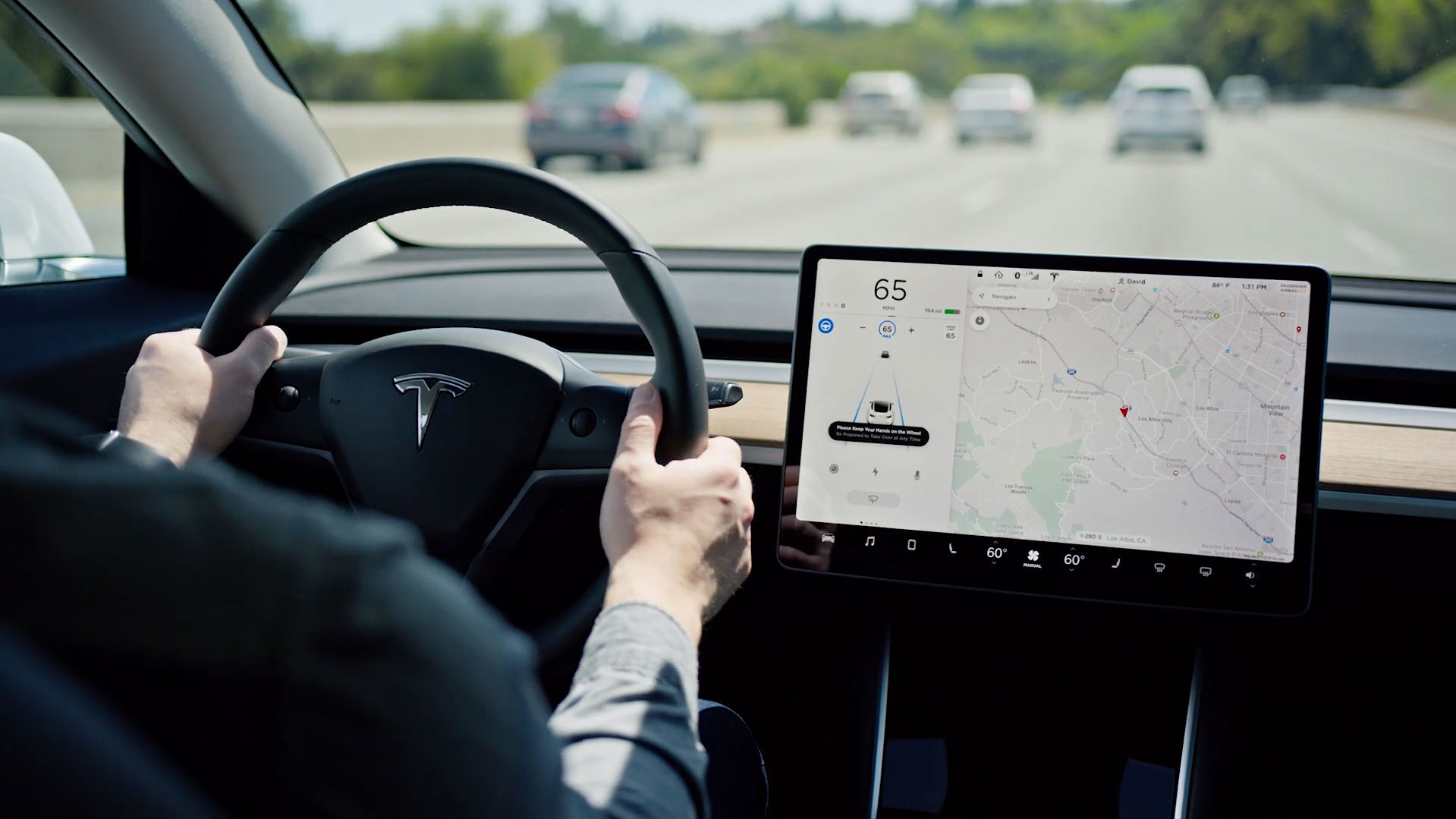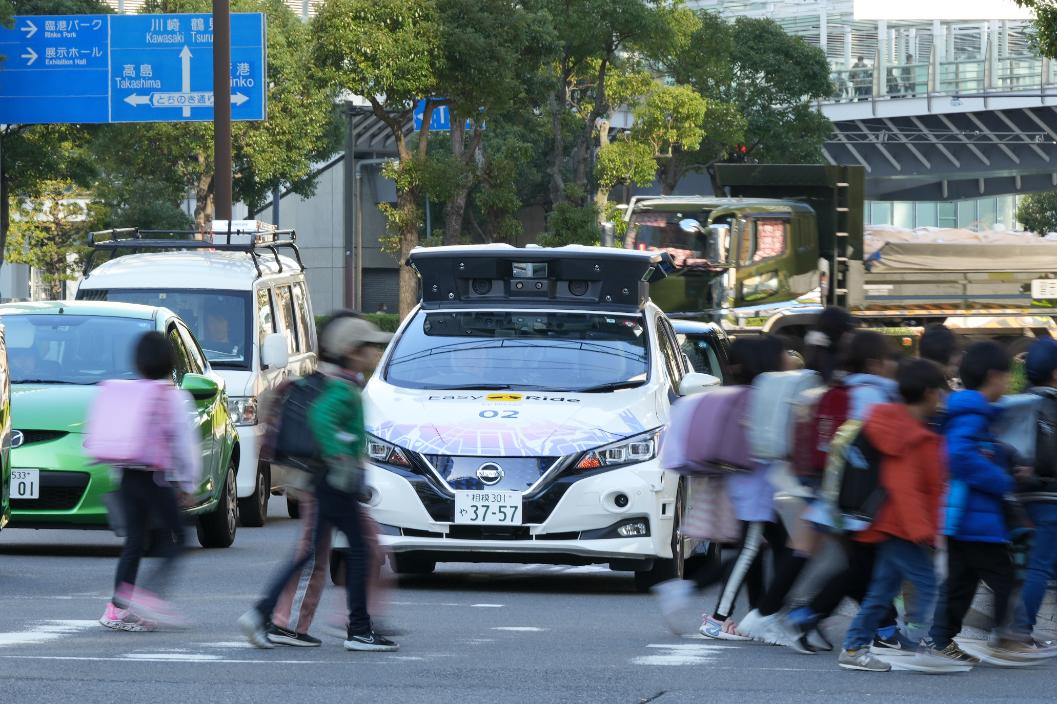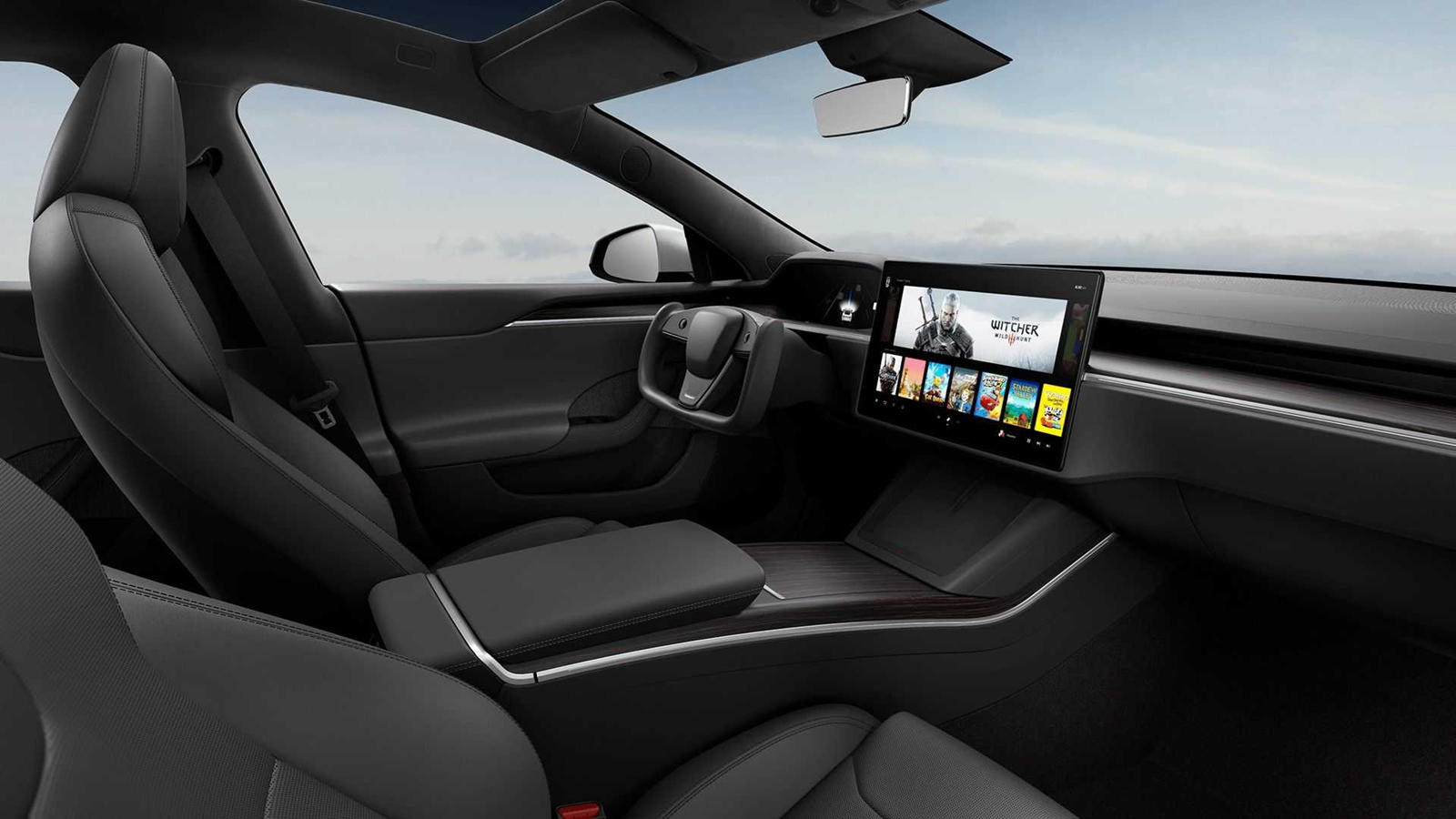In a strategic move to rival the United States and China in the electric and autonomous vehicle market, Japan’s leading automakers – Toyota, Honda, and Nissan – have announced a groundbreaking collaboration. The trio plans to jointly develop automotive software, aiming to reduce costs and enhance economies of scale, according to a report by Japan’s Yomiuri Shimbun on May 16.
The collaboration, set to begin in 2025 and beyond, is part of Japan’s upcoming automotive digital strategy, jointly announced by the Ministry of Economy, Trade and Industry and the Ministry of Land, Infrastructure, Transport and Tourism, expected by the end of May. The three automakers will finalize their plans this summer and commence collaboration next year or later, with other major Japanese automakers including Suzuki, Mazda, Subaru, and Mitsubishi also contemplating cooperation.
One of the key objectives of this partnership is to streamline software development processes, significantly reducing the costs typically incurred by individual development efforts. Alongside software development, the trio is also considering the integration of application program interface (API) specifications to enable the sharing of batteries, sensors, and other components, and to facilitate the development of services such as smart apps by external parties.
Experts anticipate numerous challenges ahead, particularly in selecting and developing common specifications. However, they emphasize the importance of initiating collaboration, as software increasingly determines the competitiveness of vehicles. Modern vehicles rely on software for even basic functions like steering and braking.
The move mirrors Tesla’s innovative approach, where the American electric vehicle giant enables users to update their cars’ software over the internet, akin to smartphones. This strategy has created a new revenue stream for Tesla, allowing it to monetize software even after vehicle sales, with owners paying for additional software features.
China, too, is making strides in integrating advanced technologies such as artificial intelligence (AI) into their vehicles, highlighting the global race for automotive innovation.
Honda, in a parallel announcement on May 16, disclosed plans to invest 10 trillion yen in electric vehicles and software by 2030, doubling the 5 trillion yen commitment made in 2022. Of this investment, approximately 2 trillion yen will be allocated to software development, 2 trillion yen to batteries, and 6 trillion yen to various investments, including next-generation car factories.


